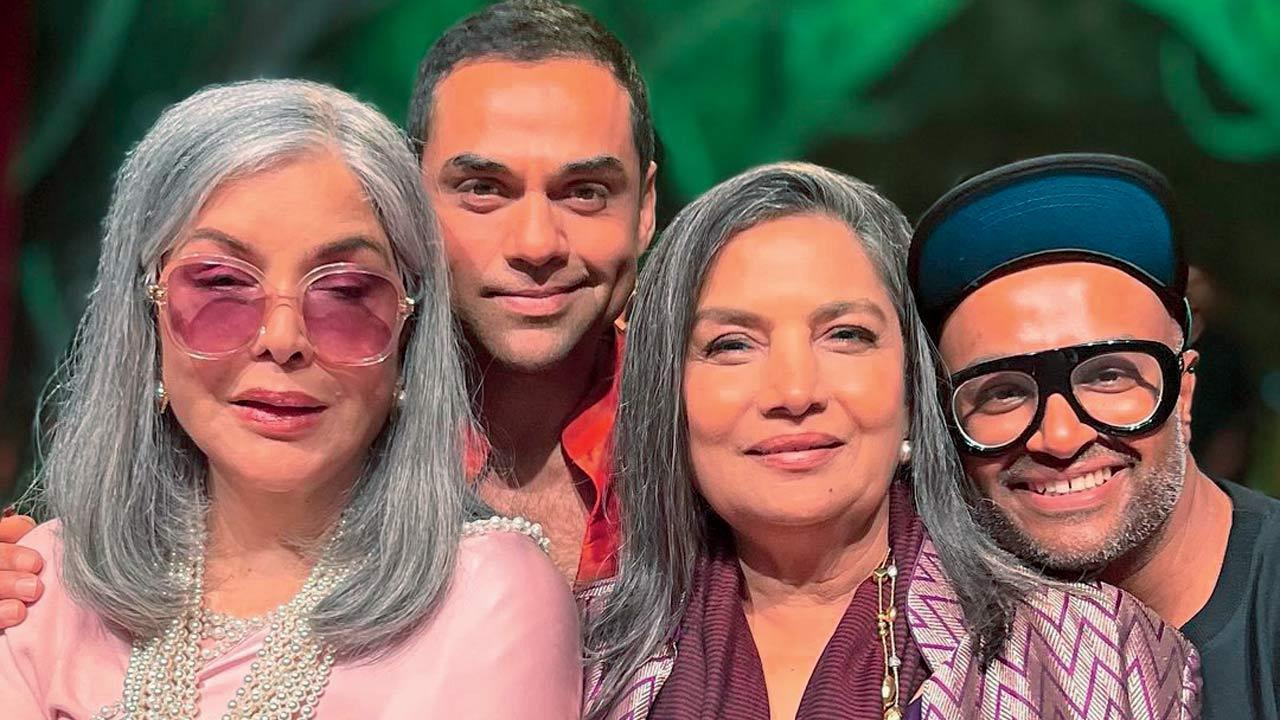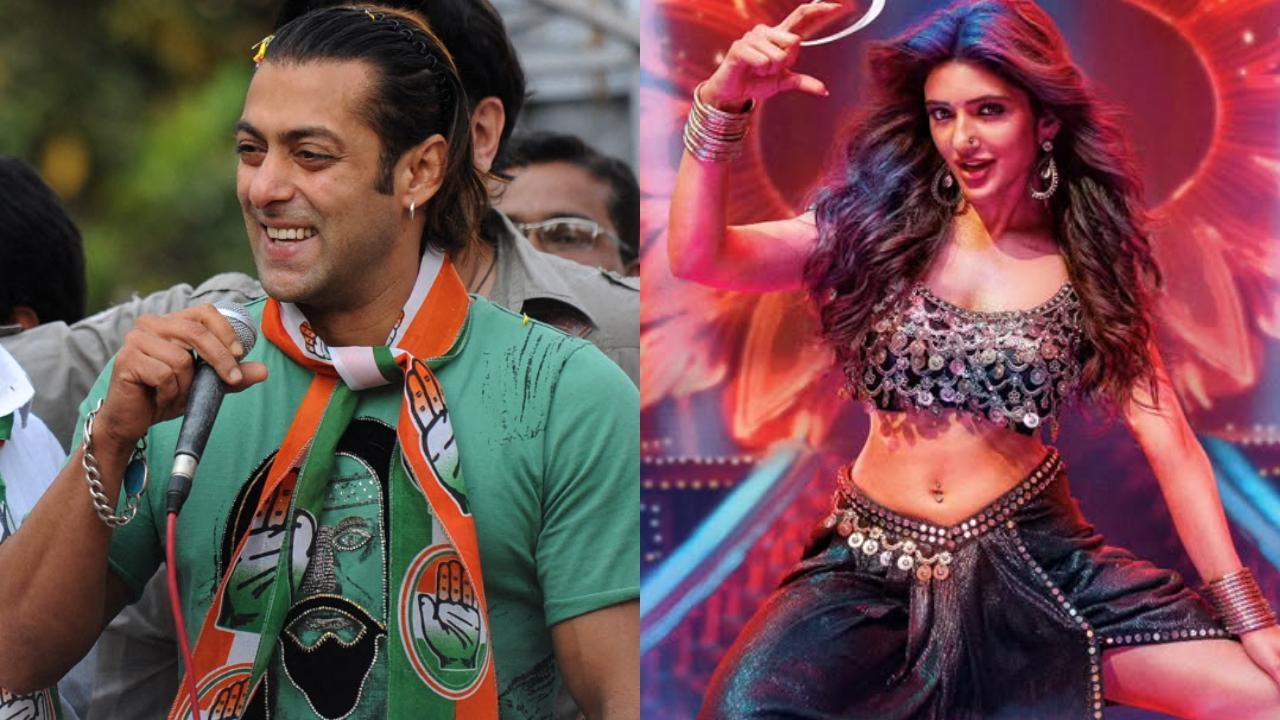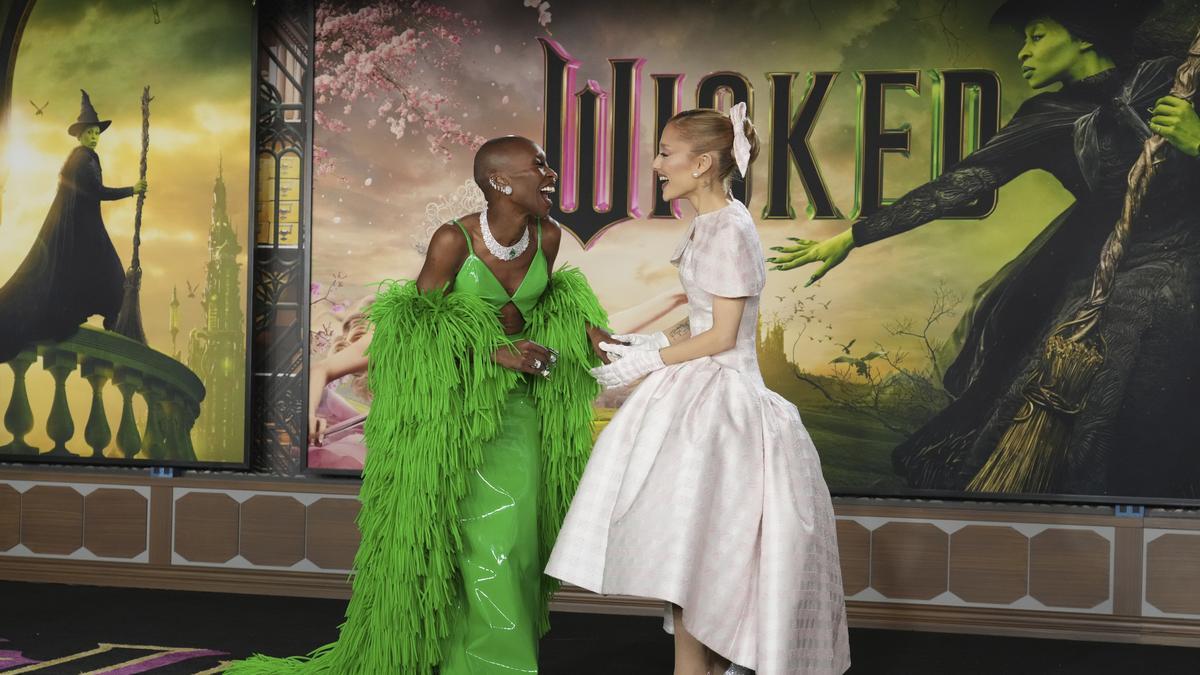
In a candid reflection on the festival of lights, acclaimed actress Jaya Bhattacharya, known for her role as Urmila in the popular series “Chhathi Maiyya Ki Bitiya,” shares her evolving views on Diwali—one of the most celebrated festivals in India. Emphasizing a newfound sensitivity towards the environment and animal welfare, Jaya reveals how her perceptions of the festival have transformed over time.
Born and raised amidst the vibrant cultural backdrop of Bengal, Jaya has always embraced the festive spirit of Diwali with zeal. As she fondly recalls, “Lighting diyas and illuminating the whole house is the best part of Diwali for me.” For Jaya and her family, Diwali also includes Kali Puja, marking a dual celebration that blends light and devotion. Growing up in Lucknow, her memories are painted with the aroma of kheel, lava, lai, batashas, and even sweet potato toys, which formed the core of her Diwali preparations.
Reflecting on her childhood Diwali celebrations, Jaya recounts, “As a child, I was only allowed to burst phuljharis or pencil sparklers. Being the only child, my parents were quite protective. I used to buy mirchis, bombs, and anars, but my parents always handed them over to the neighborhood boys to ignite. I resented those boys!” This vivid recollection from her youth paints a picture of harmless mischief and childhood innocence, tethered to the traditions that have been an integral part of many Indian households.
Jaya continues, “During one Diwali in the 10th grade, I stayed at my nani’s without my parents. I purchased a ladhi, removed all the mirchis, and lit them with a candle, mimicking the boys. My father, who walked in on my exploits, delivered a memorable scolding. In the end, he reassured me, saying, ‘You’re grown up—just be careful.’” Such incidents bring forth the cultural nuances that bind Indian families during festive occasions.
.
However, Jaya’s perspective on Diwali has undergone a significant change, molded by her experiences working closely with animals. Her love for animals has made her acutely aware of the distress caused by noise pollution during Diwali, a fact often overlooked in the enthusiasm for festivities. “The noise from crackers is far more intense for animals, especially dogs. It’s amplified manifold beyond what humans perceive,” Jaya notes thoughtfully.
She adds, “The pollution crackers cause can exacerbate conditions for people with asthma. Unfortunately, some individuals even tie crackers to animals’ tails—an action I find deeply distressing. For me, Diwali is about spreading light and positive energy, not noise and pollution.”
In today’s context, Jaya advocates for a Diwali that champions harmony with nature and prioritizes the well-being of all creatures. Her message is clear: Celebrations should focus on positivity, happiness, meeting loved ones, and the joy of giving rather than contributing to environmental damage.
Off the screen, Jaya dedicates her efforts to promoting these values, aligning with her portrayal on screen, where she brings layers of complexity to her characters. In “Chhathi Maiyya Ki Bitiya,” she plays Urmila, a character entangled in familial conflicts with hidden motives, mirroring real-life complexities within traditional celebratory contexts. This show is a gripping family drama aired on Sun Neo, weaving the story of an orphan girl, Vaishnavi, who adores Chhathi Maiyya, exploring her journey of faith and relationships.
Jaya’s reflections invite introspection about how traditions evolve and can be harmonized with contemporary values. Her insights encourage a responsible celebration of Diwali—one where joy does not come at the expense of others, be it humans or animals. As Diwali approaches, Jaya Bhattacharya’s call for thoughtful festivities serves as a poignant reminder of the core message of the festival: spreading light, not just in our homes, but in our hearts and communities.










